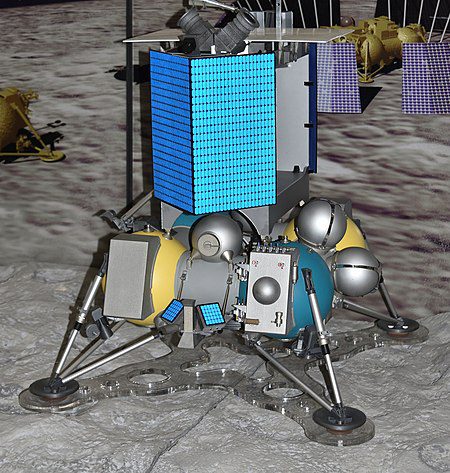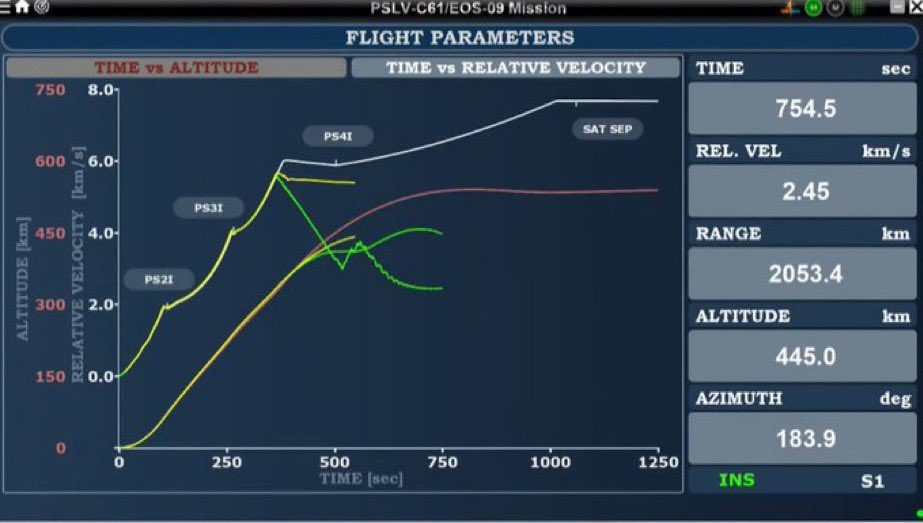Russian space agency Roscosmos has released its preliminary report about the crash of Luna 25 onto the surface of the Moon.
Luna 25, having achieved lunar orbit, was executing a manoeuvre on 19 August to lower this to an elliptical 110 x 16 km “pre-landing orbit” in preparation for its lunar landing attempt. However, the spacecraft suffered an anomaly and contact was lost at 1157 GMT. It later transpired that the engine firing at 1110 GMT had gone on for longer than expected (a failure to shut down resulted in an engine burn 127 seconds long instead of the planned 84-second duration). The increased impulse slowed the spacecraft down so much so that it could not orbit any more, ultimately causing it to crash. As Roscosmos originally put it, Luna 25 “ceased to exist as a result of a collision with the surface of the Moon”.

Model of the Luna 25 – Luna-Glob lander was crashed onto Moon before it even attempted a landing. Courtesy: Wikipedia
The investigation found that neither the accelerometer nor its back-up transmitted the necessary data required to turn off the engine. Specifically, there was abnormal communication between the on-board control system and the accelerometers integrated in the BIUS-L device (angular velocity measurement unit). Normally during this manoeuvre, after the impulse begins, the accelerometers measure the velocity of the spacecraft and send a signal to the control system when it reaches the programmed parameters. Then the lander’s control system gives the engines a command to stop working. However, the control system was overwhelmed with messages from other systems, which were given higher priority (Seradata comment: a likely design error), and the accelerometers were not turned on in time to measure the impulse. Consequently, no engine shutdown command could be sent.
Our thanks to Katya Pavlushchenko @katlinegrey for her Twitter X translation/analysis of the Russian language report







